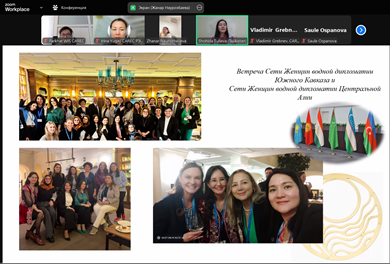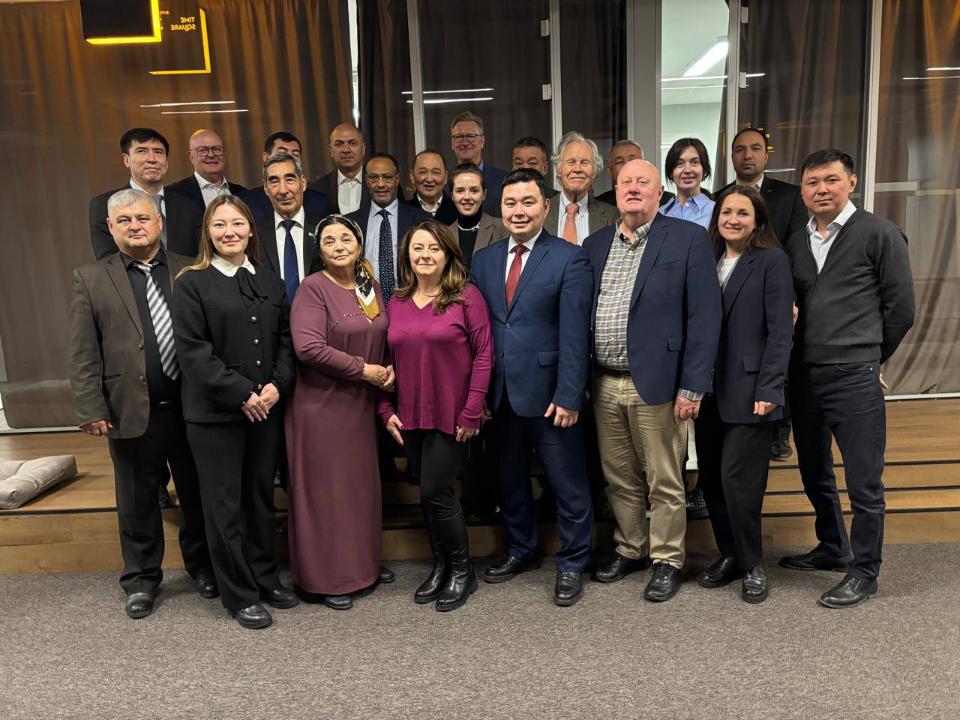The Resource Efficiency in Agri-food Production and Processing (REAP) project, funded by the European Union, has successfully concluded on August 31, 2024. Over the past four and a half years, the project has made significant strides in promoting sustainable consumption and production (SCP) practices in the agri-food sectors of Uzbekistan and Tajikistan, with a particular focus on supporting Micro-, Small, and Medium-sized Enterprises (MSMEs).
Key Project Metrics (Cumulative for Both Countries):
394 participating companies supported to implement Resource Efficient and Cleaner Production (RECP).
1,281 RECP implementations verified in 232 companies.
35 consultants trained on RECP and access to finance.
4 SCP cells developed across 4 regions.
Key Results and Outcomes:
1,863,047 kWh of energy savings annually.
121,700 kg of materials and resources saved annually.
7,273 m³ of water savings annually.
504 tCO₂e of emissions avoided annually.
13,650 kg of solid waste reduction annually.
577 m³ of liquid waste reduction annually.
114,342 euros in monetary savings annually.
Additionally, the REAP project helped activate over 110 green finance opportunities, capacitated more than 20 financial institutions on cleantech finance product development, and supported over 30 MSMEs in accessing cleantech financing. Furthermore, more than 200 stakeholders were sensitized on industrial SCP, while 50+ policymakers were engaged in SCP policies, leading to the development of 7 SCP policy prototypes.
Building a Sustainable Future
Throughout its implementation, REAP worked closely with local MSMEs, consultants, financial institutions, and policymakers. The project successfully showcased the business case for sustainability through the introduction of fast, cost-effective SCP measures and enhanced local capacity to adopt innovative solutions to address natural resource challenges.
With the completion of the REAP project, Uzbekistan and Tajikistan’s agri-food sectors are now better positioned to navigate environmental challenges, improve their production efficiency, and contribute to regional and global sustainability efforts
Additional information:
Valeriya Orlova – REAP Project Manager, vorlova@carececo.org



